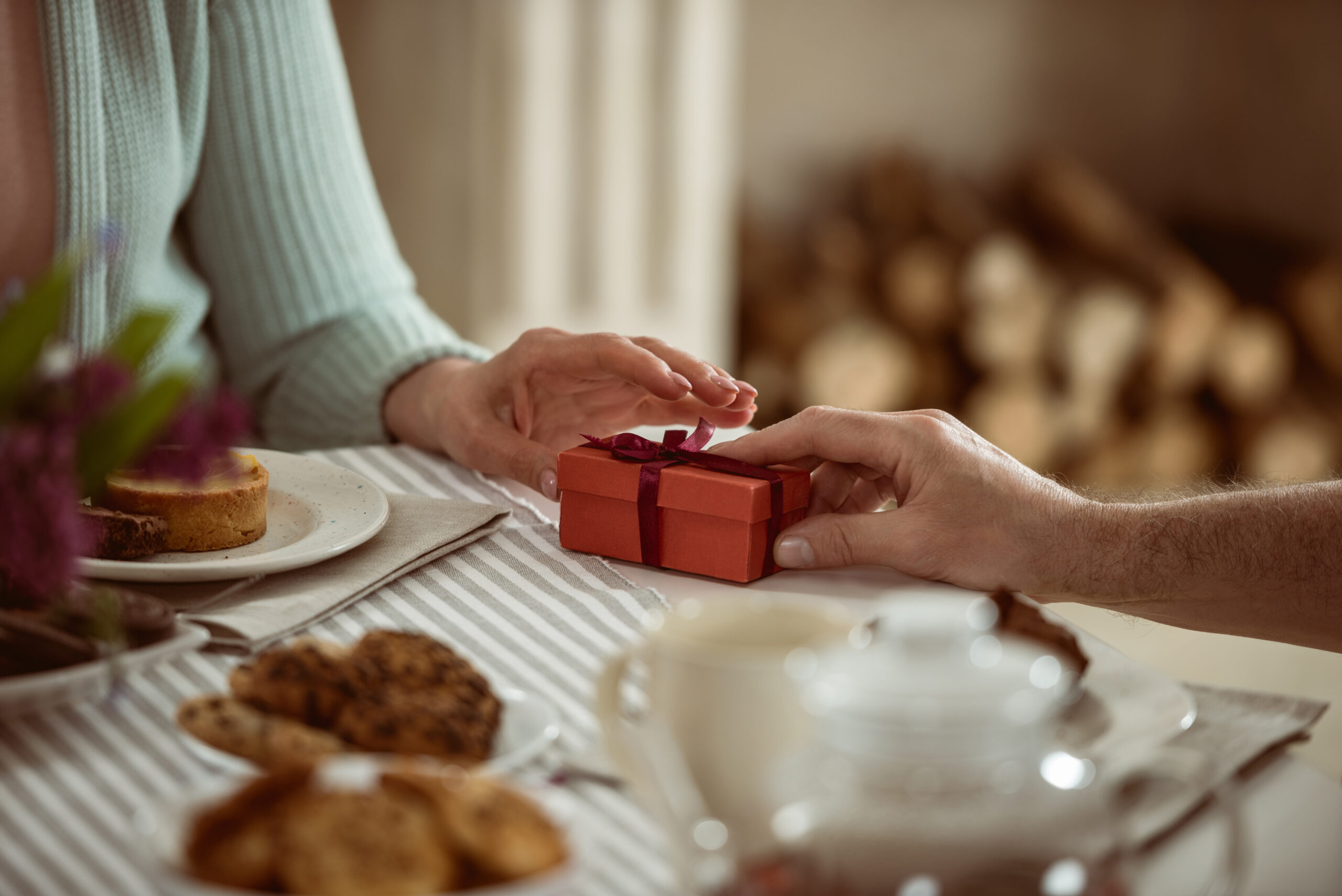Mind Your Manners: Lowcountry Holiday Etiquette
Simply stated, etiquette is being considerate. Good manners make another person feel cared for, loved and appreciated. If you strive to use proper etiquette, you will always be thinking of the other person in all situations.
The holidays are fast approaching; typically, we will be around more people than usual. This year, not only do we need to consider etiquette in dining, speaking, showing appreciation, and being gracious, but we also still need to incorporate COVID-19 guidelines to help make others feel comfortable. It’s more important than ever to be considerate of others.
“Manners are a sensitive awareness for the feelings of others. If you have that awareness, you have good manners, no matter what fork you use.” ~Emily Post
When You Arrive
Despite the “dress code” relaxing over years from the days of full skirts, white gloves, suits and top hats, it’s still an integral part of the celebration. Guidelines still exist and should be followed. For example, what should be worn for a holiday meal prepared by a friend or family member? As a guest, you should wear something clean, pressed and“fit”for the occasion. The host has graciously planned and prepared a meal for you de- voting time and money and you are fortunate to be included. Show your appreciation and gratitude by wearing clothes that demonstrate that you care about the event and take pride in how you look. Leave the baseball hats and t-shirts for another day.

Always bring a “thank-you” gift and never arrive empty handed. Even if you are still young and single, going to your family member’s house, bring a gift. The gift might be flowers, cocktail napkins, a bottle of wine or a fragrant candle. You will never go wrong by being generous.
Toasting the Year
Touching drinking glasses or champagne flutes for heartfelt toasts hasn’t been necessary for years. Keep the drinking vessels to yourself, and simply raise them in the air to honor the occasion. During COVID-19 times, an “air clink” is considered both celebratory and sanitary.
Changing Your RSVP From Yes to No
Longstanding etiquette and basic social graces dictate that if you responded you would attend, you must attend. However, in light of the coronavirus, changing your RSVP to decline and skipping the event is appropriate, if done with notice. Send a note to the host explaining you regret missing the event, but it is safest for all.
Shaking Hands
The CDC recommends reducing all physical contact with others, so germ-free gestures—that are already popular in other cultures—have become the new American greetings.
The traditional handshake may be on hold for an indefinite period. Yes, some people are going to shake hands anyway— it’s a cultural institution—however, you can play it safe for yourself and others by meeting them with a sincere smile and “Nice to see you.”
For the Host
I cannot end this article without a few words of encouragement to the host. Congratulations on tackling the holiday meal. Do not be afraid to ask for contributions. It will help you, and it will make your guests feel invested.
Enjoy setting the table and making it look festive. So many hosts do not feel confident in this aspect of a celebration, but it’s actually simpler than you think. Clip some branches from a nearby evergreen tree and put them in a glass vase in the center of the table. Place a few candles around the table and there you have it—your table has a holiday centerpiece. If you want to go a step further, tie a ribbon around each napkin, and insert a piece of greenery inside each bundle.
After all, the end of the night, it will be the conversations, laughter, and time spent with loved ones that is cherished, not a perfectly set table.
Dining Table Etiquette – Here are some simple guidelines:

- Do not go to the table until invited by the host.
- Remember, the table is not a place for your phone or purse.
- Wait for the host to be seated before you sit. One exception is if it is a buffet—you may sit, but do not begin eating until the majority of people are seated at the table with you, and the host is eating.
- If you have multiple utensils in front of you, begin with the utensil on the outside, farthest away from the plate.
- Pass dishes to your right the first time around the table. The utensil handle should face the person on your right.
- Pass salt and pepper together.
- If you must leave the table during the meal, place your napkin to the left of your plate, not on your chair.
- The hand you are not eating with remains in your lap, except when you cut meat. No elbows on the table during dining.
- Be prepared to participate in conversation. Find something pleasant and interesting to discuss. The dining table is never a place to air grievances or discuss politics and religion.
- Stemmed glasses are to be held by the bowl, not the stem.
- Place used silverware on your plate, not on the table.
- Do not pile your dishes when you are finished.
- Frequent compliments are always appreciated throughout the event.
- Offer to help clear the table removing dirty dishes from the right side first.
This article was originally written by Diane Carr for Southern Flavor Magazine







